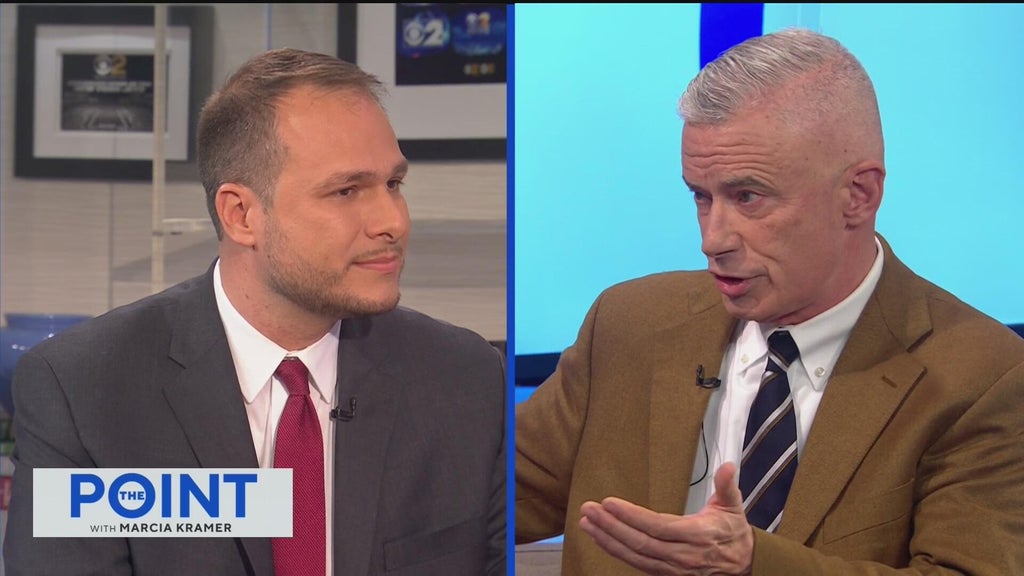Speaker Mike Johnson (R-La.) stated on October 9, 2023, that the Supplemental Nutrition Assistance Program (SNAP) contingency funds are not “legally available” to address potential benefit disruptions during the upcoming federal government shutdown. During a press conference, Johnson referenced a legal analysis from the Trump administration, asserting that these emergency funds cannot be utilized to bridge any lapse in funding expected next month.
The announcement comes as lawmakers grapple with the implications of a government shutdown set to occur in early November 2023. Johnson emphasized that while the SNAP program serves millions of Americans, the specific legal framework governing its contingency funds prohibits their use in this context.
Legal Constraints on Funding
Johnson’s remarks underscored the complexities surrounding the funding mechanisms for SNAP, a program that provides essential nutrition assistance to low-income individuals and families. He indicated that the legal analysis clarified that the funds designated for emergencies cannot be redirected to cover ongoing benefits if the government fails to secure a budget agreement.
This assertion has raised concerns among advocates for food security, who argue that a funding lapse could significantly impact vulnerable populations reliant on SNAP benefits. According to the United States Department of Agriculture, approximately 41 million individuals benefited from SNAP in 2022, highlighting the program’s critical role in alleviating hunger.
Political Ramifications
The discussion around SNAP funding is taking place against a backdrop of increasing political tension in Congress. With a divided legislature and various factions pushing for different budgetary priorities, the outcome remains uncertain. Johnson’s position reflects a broader strategy among some Republican lawmakers to limit spending, particularly on social programs.
Many Democrats and advocacy groups are pushing back against this stance, arguing that access to food should not be compromised due to political disagreements. They emphasize that any shutdown would disproportionately affect those who depend on SNAP for their daily sustenance.
As the deadline approaches, the pressure on Congress to reach a budget agreement continues to mount. The potential fallout from a shutdown could lead to significant disruptions not only in SNAP but also in other essential government services. The stakes are high, with millions of Americans closely monitoring developments that could impact their access to food assistance in the coming weeks.
In summary, Speaker Mike Johnson‘s declaration about SNAP contingency funds adds another layer of complexity to an already fraught political landscape as the threat of a government shutdown looms. The legal limitations he cited may leave many vulnerable families in a precarious position, underscoring the urgent need for a resolution in Congress.







